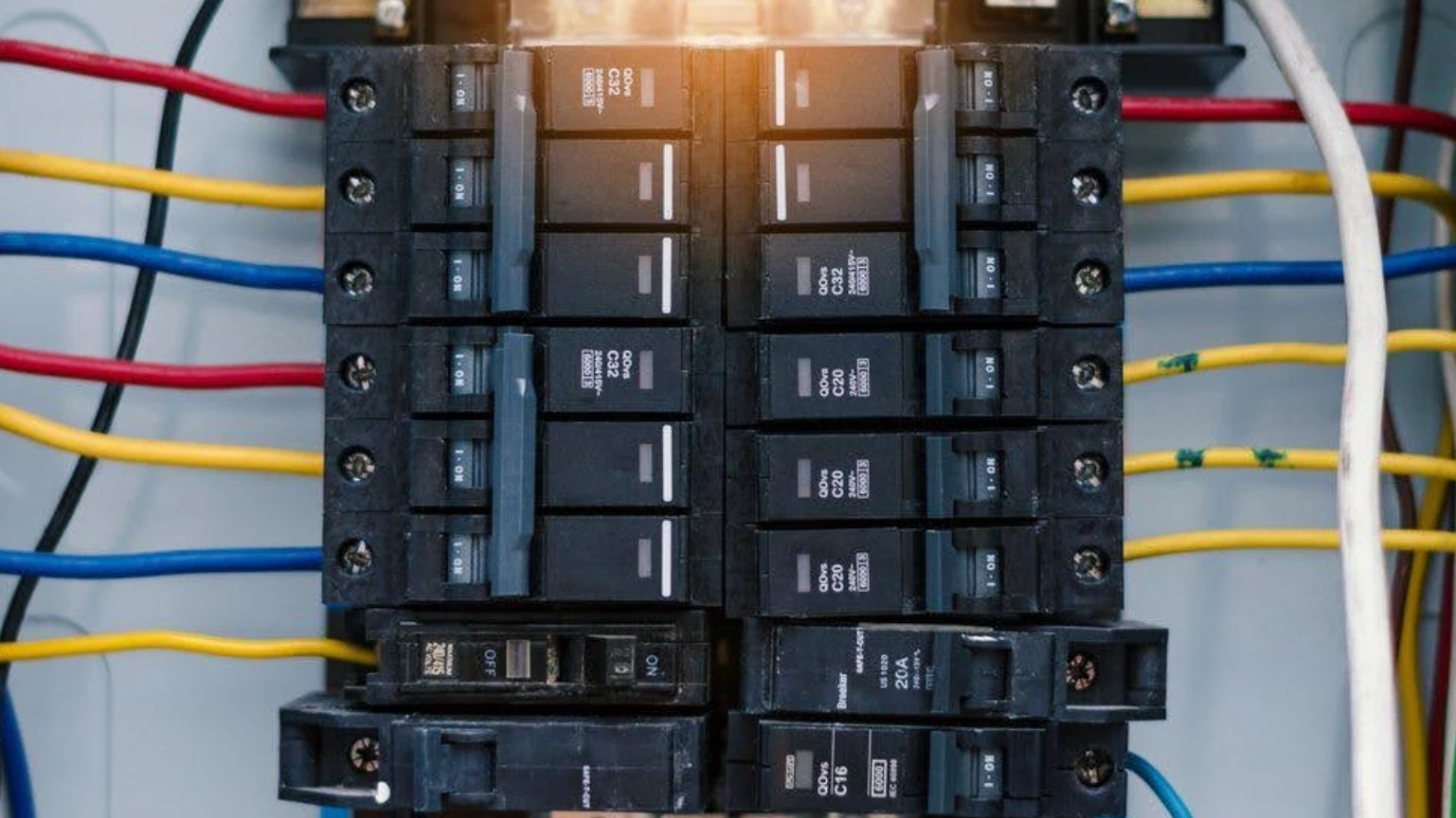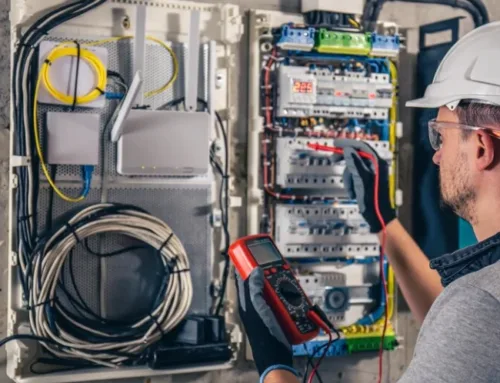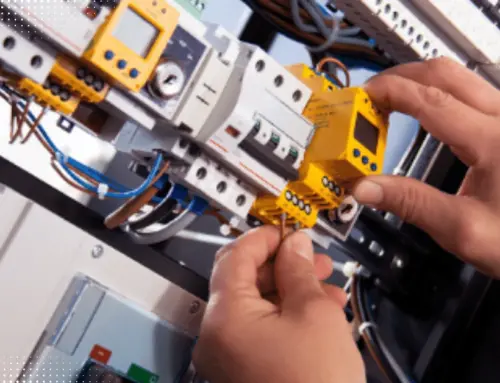Electrical safety in homes and businesses is paramount, not only to protect equipment but also to ensure the safety of occupants. Two critical components in the safeguarding of electrical panels are surge protectors and fuses.
Both play integral roles, but they function differently and serve different purposes. Understanding the nuances between the two can help in making informed decisions about electrical safety.
Surge Protector Vs Fuse: Which Offers Better Protection For Electrical Panels?
When discussing the protection of electrical panels, it’s important to distinguish between the roles of surge protectors and fuses. Surge protectors are designed to shield electronic devices from voltage spikes by diverting excess electricity away from the protected equipment. Their primary role is to handle surges in voltage that can damage or degrade electronic devices over time.
Fuses, on the other hand, serve as a fail-safe for electrical circuits. They are designed to break the circuit if the current flowing through it exceeds a certain threshold, preventing overheating and potential fires. Fuses do not react to voltage spikes but rather to the flow of current, making them a first line of defense against electrical overload.
In terms of providing better protection for electrical panels specifically, surge protectors and fuses offer different types of security. Surge protectors are more effective at protecting sensitive electronics from voltage spikes, while fuses protect against circuit overloads that could lead to fire hazards.
Therefore, the choice between a surge protector and a fuse largely depends on what you need to protect against: instantaneous voltage spikes or sustained overcurrent conditions.
What Are The Key Differences Between Surge Protectors And Fuses In Safeguarding Electrical Panels?
The key differences between surge protectors and fuses in safeguarding electrical panels lie in their operational mechanisms and protective capabilities. Surge protectors work by monitoring the voltage level and grounding any excess electricity once it surpasses a safe threshold. This action is quick and precise, aimed at protecting devices from the sudden surges typically caused by lightning strikes or fluctuations from the power supply.
Fuses, in contrast, are less about monitoring and more about physical response. A fuse contains a metal wire or filament that melts when too much current flows through it, thereby interrupting the circuit and stopping the flow of electricity. This response is crucial for preventing overheating and potential electrical fires, but it does not protect against the quick, sharp rises in voltage that surge protectors are designed to handle.
How Do Surge Protectors And Fuses Differ In Responding To Electrical Surges?
Understanding the different responses of surge protectors and fuses to electrical surges can help clarify their unique roles in safeguarding electronic devices and electrical panels. Here’s a deeper look into how each device operates:
- Surge Protectors: These devices are specifically engineered to manage voltage spikes, which can occur suddenly and cause significant damage to electrical equipment. The function of a surge protector is to detect any increase in voltage that exceeds the safe threshold for the electrical devices it is protecting.
Once this excessive voltage is detected, the surge protector quickly channels it away from the protected devices and directs it into the ground. This process is almost instantaneous, typically occurring in nanoseconds, thereby providing immediate and effective protection against transient voltages that could otherwise fry circuits or degrade the lifespan of electronic components.
- Fuses: Unlike surge protectors, fuses are not designed to react to spikes in voltage. Their primary function is to safeguard against excessive current. A fuse contains a metal wire or strip that melts when the current flowing through it surpasses a preset threshold. This melting breaks the circuit, effectively cutting off the power supply and preventing further current flow.
If a voltage spike occurs that does not also involve a high current—meaning the current does not exceed the rated capacity of the fuse—the fuse will remain intact, and consequently, the excessive voltage will pass through, potentially damaging any connected electronic devices.
Therefore, while fuses are vital for preventing dangers like overheating and fires by responding to overcurrent situations, they do not offer protection against isolated voltage spikes. Surge protectors fill this gap by specifically targeting and mitigating the risks associated with voltage surges, making them indispensable in scenarios where voltage fluctuations are common or can be particularly destructive.
Are There Specific Scenarios Where A Surge Protector Is More Effective Than A Fuse In Safeguarding Electrical Panels?
Yes, there are specific scenarios where using a surge protector is more advantageous than a fuse for safeguarding electrical panels. For example, in areas prone to thunderstorms where lightning strikes may cause significant voltage spikes, surge protectors are indispensable. They can prevent the high energy from lightning from reaching and damaging the electrical devices connected to the panel.
Additionally, surge protectors are crucial in environments where sensitive electronic equipment is in use, such as computer networks, medical facilities, and industrial control systems. In these settings, even minor fluctuations in voltage can result in significant damage or data loss, scenarios where fuses would not offer the necessary protection since they do not respond to voltage levels.
Both surge protectors and fuses are essential components for safeguarding electrical panels, but they serve different protective functions. Surge protectors are better suited for managing voltage spikes, while fuses are indispensable for preventing circuit overloads that can lead to fires.
The choice between them should be based on the specific electrical threats posed in a particular environment, ensuring that both equipment and occupants are adequately protected.
Why Choose Starnes Electric LLC for Your Electrical Protection Needs?
At Starnes Electric LLC, we understand that safeguarding your electrical systems is more than just a precaution—it’s a necessity. With decades of experience in the industry, our team is committed to providing top-notch electrical safety solutions that cater specifically to the needs of our customers.
Our team of certified electricians has extensive knowledge and expertise in all aspects of electrical safety. We stay updated with the latest technologies and standards to ensure that your electrical systems are equipped with the best protection possible.
We recognize that each home and business has unique electrical needs. At Starnes Electric LLC, we don’t just offer generic solutions; we customize our services to fit your specific requirements. Whether it’s installing advanced surge protectors or updating your fuse boxes, we tailor our services to ensure optimal protection.
Frequently Asked Questions
What is the difference between a surge protector and a fuse?
A surge protector shields your devices from voltage spikes by redirecting excess voltage to the ground, whereas a fuse protects against excessive current by breaking the circuit when current flow becomes too high.
How often should I replace my surge protector or fuse?
Surge protectors should be replaced every two to three years or after a major electrical event, like a lightning strike. Fuses should be inspected annually and replaced if they show signs of wear or after they have activated due to an overload.
Can a surge protector save on energy costs?
While surge protectors themselves do not reduce energy consumption, they protect your devices from energy spikes that can damage efficiency and increase power usage. By maintaining your equipment’s health, surge protectors indirectly contribute to more consistent energy consumption.
Do I need a surge protector if I already have a fuse box?
Yes, because fuses do not protect against voltage spikes. Installing a surge protector in addition to having a fuse box ensures full protection for your electrical systems against both excessive current and voltage.
Let’s Electrify Your Safety with Starnes Electric LLC
Are you ready to enhance the safety of your electrical systems? Choose Starnes Electric LLC, where your protection is our priority. Contact us today to schedule a consultation, and let us help you secure your electrical infrastructure with the best surge protectors and fuses on the market. Safeguard your property with us—where safety meets expertise.
Don’t wait for an electrical mishap to think about protection. Get ahead of the risks with Starnes Electric LLC. Call us or visit our website to discuss your needs and find out how we can electrify your safety measures. Your peace of mind is just a consultation away.




